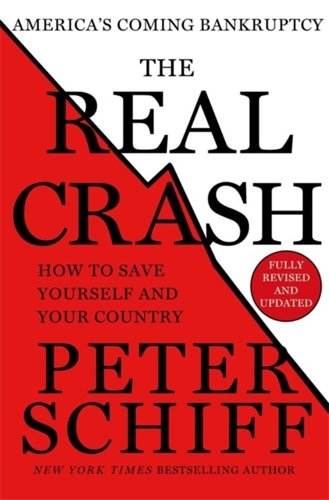Do we want to live in an America where credit card companies watch our buying habits and then block purchases for ideological reasons?
Not long ago, the left side of the American electorate would have shouted “hell no” the loudest.
Not anymore.
Today, many on the left are cheering on, even pushing censorship in social media and more, as long as the suppression of ideas protects their political goals. They even want big business to restrict gun sales, as they don’t see firearms as tools of freedom.
 Against the State: An ...
Best Price: $5.02
Buy New $5.52
(as of 11:35 UTC - Details)
Just before Christmas, The New York Times ran an article titled “How Credit Cards Are Used to Finance Mass Shootings.” This followed an op-ed the NYT ran last spring calling for credit card companies to track and block some gun sales, such as stopping someone from buying a certain number of guns or from purchasing politically incorrect types of firearms.
Against the State: An ...
Best Price: $5.02
Buy New $5.52
(as of 11:35 UTC - Details)
Just before Christmas, The New York Times ran an article titled “How Credit Cards Are Used to Finance Mass Shootings.” This followed an op-ed the NYT ran last spring calling for credit card companies to track and block some gun sales, such as stopping someone from buying a certain number of guns or from purchasing politically incorrect types of firearms.
About a month after the NYT op-ed, The Wall Street Journal reported that banks and credit card companies had begun “discussing” how they could pull off this idea from the left.
To block certain gun sales, banks and credit card companies determined they’d need to require retailers to give even more information so they could see the difference between, say, someone buying a semiautomatic rifle and someone purchasing a vacuum cleaner. Getting into the censorship business, as it turns out, takes a lot of Big Brother data.
“There are federal laws limiting the government’s use of electronic databases of gun sales,” says Larry Keane, senior vice president and general counsel for the National Shooting Sports Foundation (NSSF), the trade association for firearms manufacturers (full disclosure: I’ve done some contract work for the NSSF), “but of course the Bill of Rights restricts government, not private citizens or corporations. So they are trying to get around laws by coercing financial institutions into ideologically attacking American freedoms. Financial institutions have long been neutral on these issues. Our credit-card companies and banks should not be political tools for anyone to use.”
 The Real Crash: Americ...
Best Price: $3.00
Buy New $9.55
(as of 12:25 UTC - Details)
Companies are continuing to respond to this pressure. According to a tweet from Patreon, a crowdfunding site, MasterCard recently pressured Patreon into banning conservative author Robert Spencer.
The Real Crash: Americ...
Best Price: $3.00
Buy New $9.55
(as of 12:25 UTC - Details)
Companies are continuing to respond to this pressure. According to a tweet from Patreon, a crowdfunding site, MasterCard recently pressured Patreon into banning conservative author Robert Spencer.
Patreon’s cave to MasterCard is having consequences. Author and popular YouTube sensation Jordan Peterson along with Dave Rubin, a popular podcaster, announced they are leaving Patreon as of January 15. Sam Harris, a popular author and podcaster, also left Patreon for this reason. Peterson, Rubin, and Harris opted to do this even though they’ve made a lot of money via Patreon. “This is about making a stand against the ever moving encroachment on free speech,” said Rubin. (Notably, Peterson is considered politically conservative; Rubin is more often called a libertarian; and Harris, who makes atheism a central part of his message, is considered to be on the left.)




